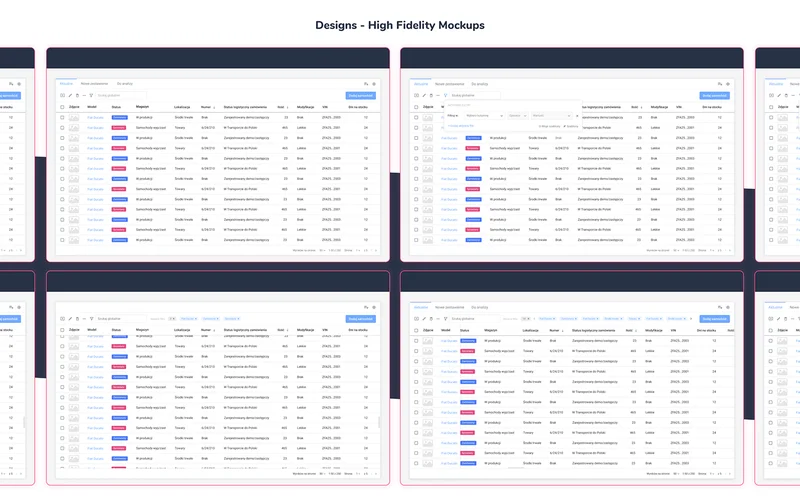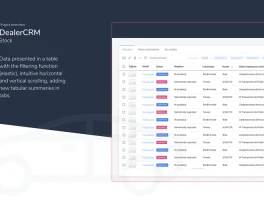When a company like Salesforce, a titan of the cloud, plants a flag half a decade into the future, you have to pay attention. But when that flag reads "$60 billion by 2030," most of the world sees a number. They see a stock price, a financial target, a headline for investors. I see something else entirely. I see a declaration that the very nature of a corporation is about to fundamentally change.
This isn't just about a bigger, better CRM. Forget that. The real story, the one that should make the hair on your arms stand up, is buried in two words from their announcement (Salesforce Sets FY30 Revenue Target $60B+, 10% CAGR): “Agentic Enterprise.” When I first read that phrase paired with these astronomical growth projections, I honestly just sat back in my chair, speechless. This is the kind of breakthrough that reminds me why I got into this field in the first place. We're not talking about software as a tool anymore. We're talking about building a corporate brain.
Imagine a company that doesn't just have departments, but a functioning, integrated nervous system. A business where sales, marketing, service, and logistics don't just share data in a central database but communicate and react in real-time, like different lobes of a single mind. This is the future Salesforce is betting its entire trajectory on, and the early signals are staggering. Their Data and AI offering just hit $1.2 billion in a single quarter, growing at a blistering 120% year-over-year. This isn't a hypothetical future; the foundation is being laid right now.
The Dawn of the Corporate Nervous System
So what is an "Agentic Enterprise"? Let’s break it down. We're talking about Agentic AI—in simpler terms, it means AI that doesn't just analyze or recommend, but actively does things for you. It takes initiative. It carries out multi-step tasks across different applications. It’s the difference between a calculator that answers a question and an accountant who manages your entire financial portfolio.
This is where my analogy of a corporate brain comes in. Think of every employee, every customer interaction, every supply chain sensor, and every marketing campaign as a neuron. For decades, these neurons have been firing in relative isolation, connected by clumsy, manual processes—endless emails, spreadsheets, and meetings. Salesforce's vision, powered by something they call Agentforce, is to create the synapses, the connective tissue that lets these neurons fire in perfect, intelligent harmony.

The speed of this is just staggering—it means the gap between a customer having a problem and the entire organization mobilizing to solve it is closing to near zero. An AI service agent could identify a recurring product flaw from customer calls, autonomously alert the engineering team, update the product documentation for other agents, and even task the marketing team with drafting a customer communication about the fix. This isn't a workflow. It's a reflex. It's an organism sensing and responding to its environment. When you see companies like Dell, FedEx, and PepsiCo already on board, you realize this isn't a science fiction pitch. It's the next operational paradigm. But what does that mean for the humans inside this new living entity?
We Are Becoming Conductors, Not Cogs
Every great technological leap in history has been met with fear about human obsolescence. The printing press threatened the scribe; the assembly line threatened the artisan. The Agentic Enterprise will undoubtedly trigger the same anxieties. But this perspective fundamentally misunderstands the shift. We aren't being replaced; we are being promoted.
Marc Benioff said it himself: "AI elevates human potential." In this new model, our role shifts from being operators of complex software to becoming conductors of an orchestra of AI agents. Our value is no longer in our ability to manually enter data, run reports, or shepherd a task from one department to the next. That’s the digital drudgery that AI agents will absorb with terrifying efficiency.
Our true value, the uniquely human contribution, will be in strategy, creativity, ethical judgment, and deep empathy. We will be the ones who teach the agents, who set their goals, who interpret their findings, and who make the nuanced, creative leaps that data alone can't provide. This is a transformation as profound as the move from the farm to the factory floor. It demands a new kind of worker and a new kind of leader. The most important question for every company right now isn't "How do we buy this AI?" but "How do we retrain our people to collaborate with it?" How do we cultivate a generation of conductors who can wield this incredible new orchestra to create something beautiful, efficient, and profoundly human?
The responsibility here is immense. Building a corporate brain without a corporate conscience would be a disaster. We need transparency, oversight, and a human-centric design philosophy at the core of every agent we build. But the potential to unlock human ingenuity by freeing us from robotic work is a prize worth striving for.
The Blueprint for a Thinking Business
Let's be clear. Salesforce's projection of $60 billion isn't just a financial goal. It's a measurement of an industrial revolution. They are not just selling software subscriptions; they are selling a blueprint for a new kind of company—one that can learn, adapt, and act with the speed and coherence of a single living organism. We're on the cusp of moving from companies that have data to companies that think with data. And in that transition, we will not only redefine the future of enterprise software, but the very meaning of work itself.


